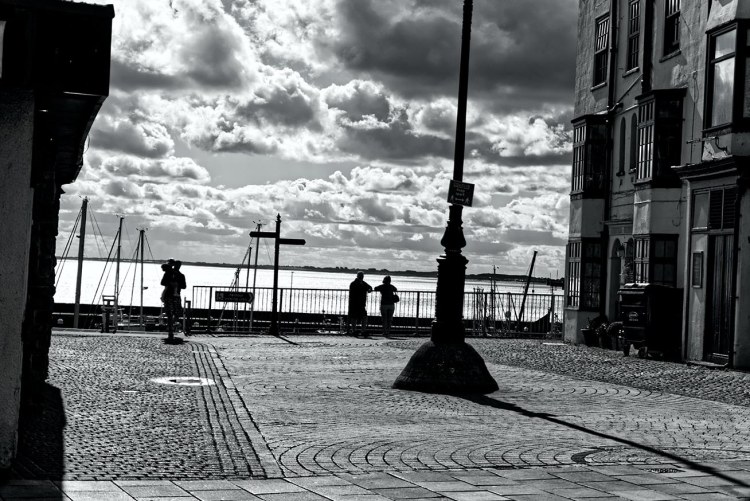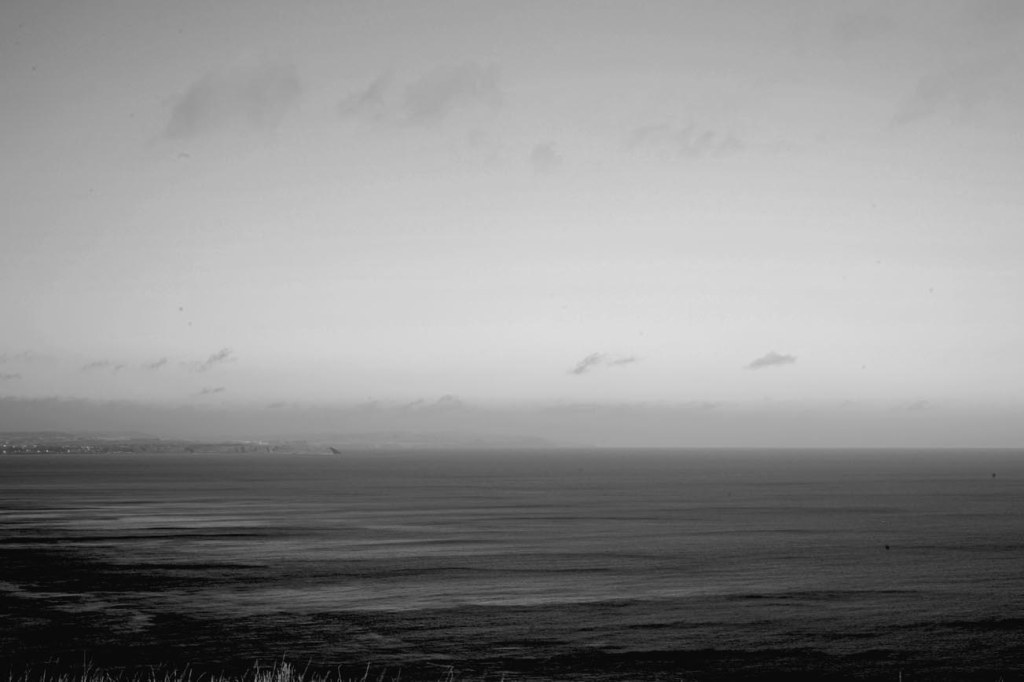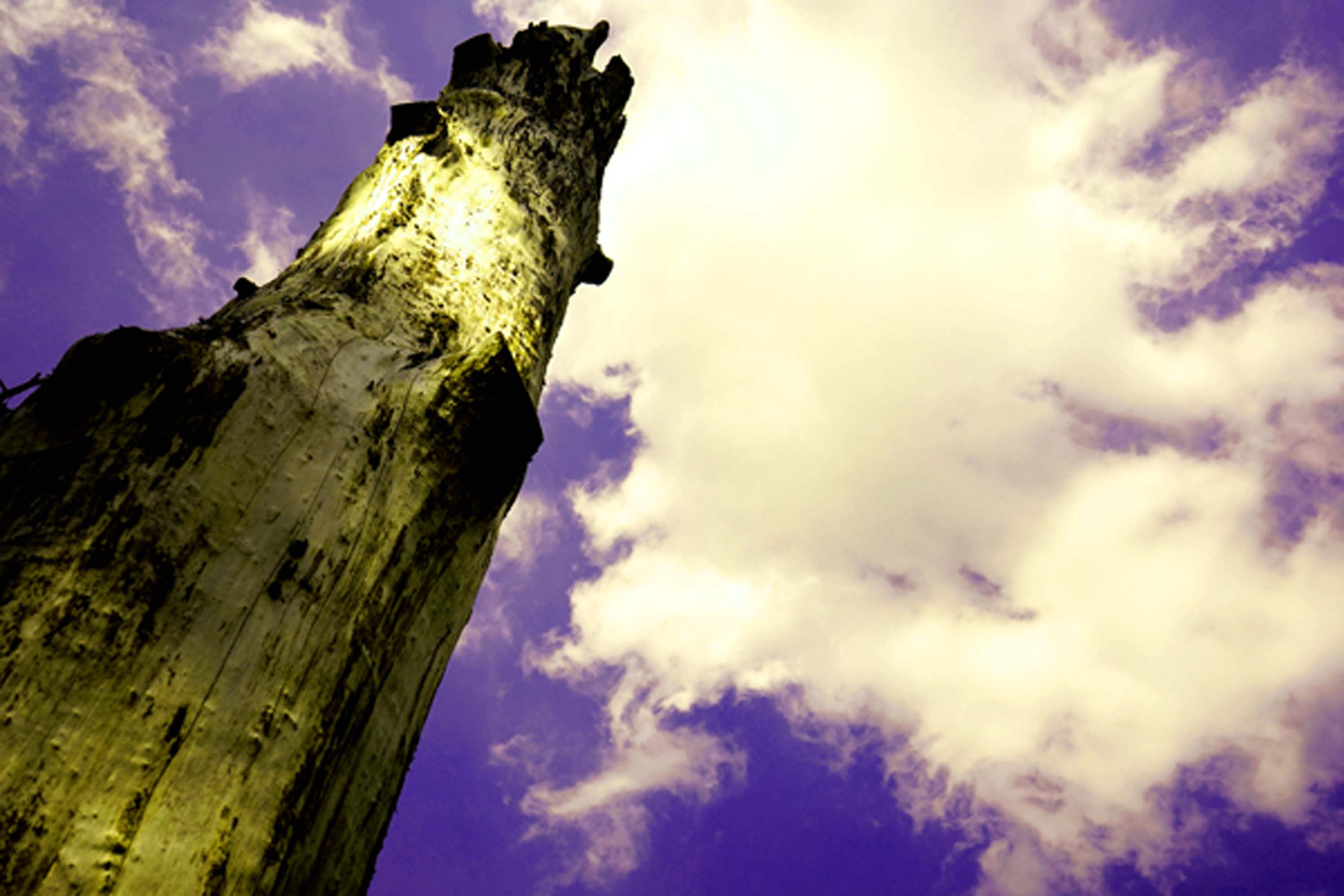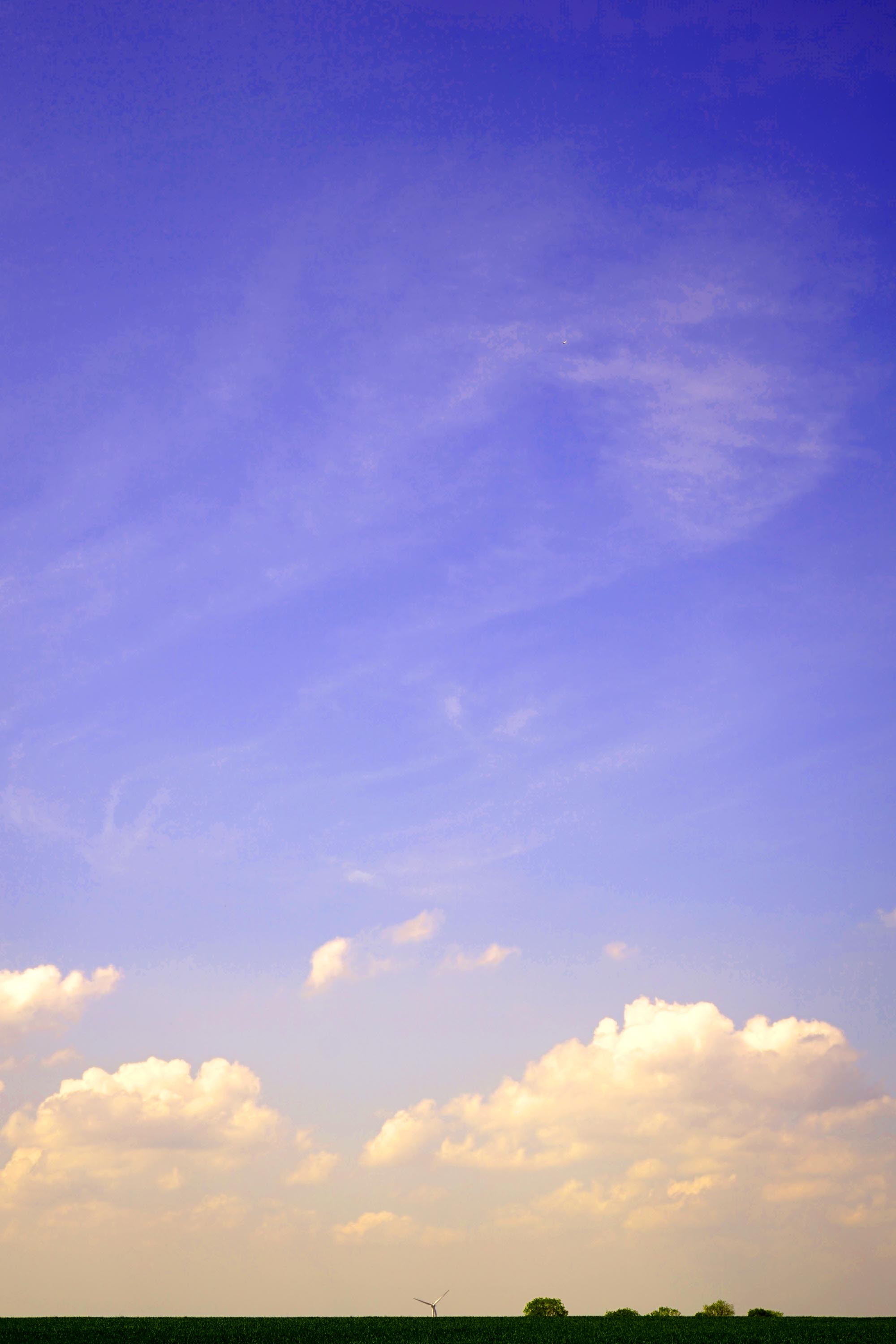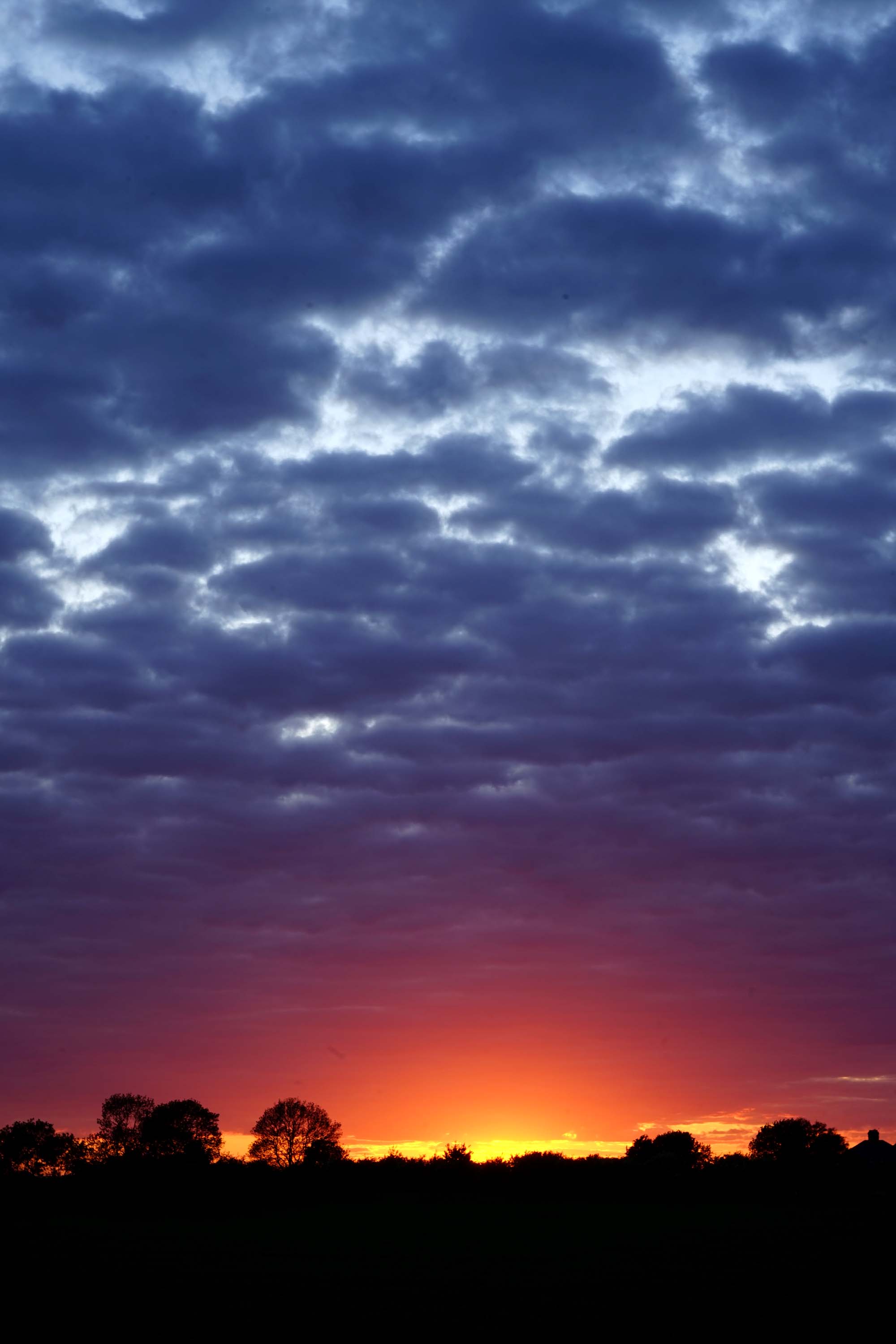
To stand at the mouth of the river with your back to the city and look down where the water trickles through the mud, to see it naively attempt to weave a passage through, jittery, hyper, waiting for the estuary tide to return, waiting for its chance to tumble out, as fresh turns salt and makes its way out to sea; is to stand at a confluence, a metaphor of the city.
Atop the confluence lies The Deep; sharp, shining, angular. A hit of modernity atop the wood struts of yore, pointing away from the river, away from this muddy lapse in the waters meandering journey, out to sea, out to Europe. This oracle, this seer into the horizon, belies that which sharps into focus upstream. A landscape of mud and antiquity punctuated with the odd half start into the now. A city seemingly stuck at the end of its own river, stalled, waiting for the next tide. And this is where the reed of its culture can be found, in mudflats that shift silent and slow, undisturbed by the draught of momentum, untroubled by the bellies of barges now so rarely displaced here. The hulls now barely bother the Hull.

But what mud!
Wound down from Wolds over centuries, oozed from the Ouse, dragged down from Doggerland; this mud was farmed prehistoric, its paths cut by of hides cut from animals and wrapped around feet. Paths long washed from memory and surface by salt and waters weight, eroded by sediment, by the slow march of time in that most shallow of seas. Mud brought tidal from Europe and beyond. A port indeed, a mulch of ideas and culture brought through mud, through the mixing of land and sea and all the bounty that bestows.

A tidal barrier. Because the river is no match for an estuary backed by the sea. The water in the Hull is captive (oh what a wonderful simile) until invited out to play by the waves that skip over the mud as though it’s nothing but a nuisance. This wonderful marriage of the salt and the fresh builds a bridge, navigates the unnavigable, once brought barges in and out of the city, bound for Beverley, for the markets of the Wolds. These muds of the Holderness rivers, though unable to bear crop, still fed residents for miles through trade and goodwill, brought new blood and sturdied old, changed language and custom, but no more.
(I’s proposed, every so often, that the barrier should be semi permanently dropped, opened just every once in a while to flush the silt out of the river. This would, the argument goes, create a veneer of still glass to prop up that idea of riversideness so commercially viable right now, an idea of sunshine and eateries that wouldn’t look out of place exactly everywhere else with a river, or at least exactly everywhere else that doesn’t have such an unreasonable river, a river that refuses to do what rivers are meant to do for 18 hours a day. I like the mud though, I like its unreasonableness, its inconsistency and its disregard for what’s expected of it, it is, without doubt, an exact mirror of the city it runs through.)

To walk upstream is to walk backwords through time, to push against the glacial drift that carved out these meandering waterways over aeons. So it is no surprise, as backs are turned on that first flush of modernity and footsteps found through this stuck in the mud river, that the first thing you come to is the Museum Quarter.
To Be Continued…

